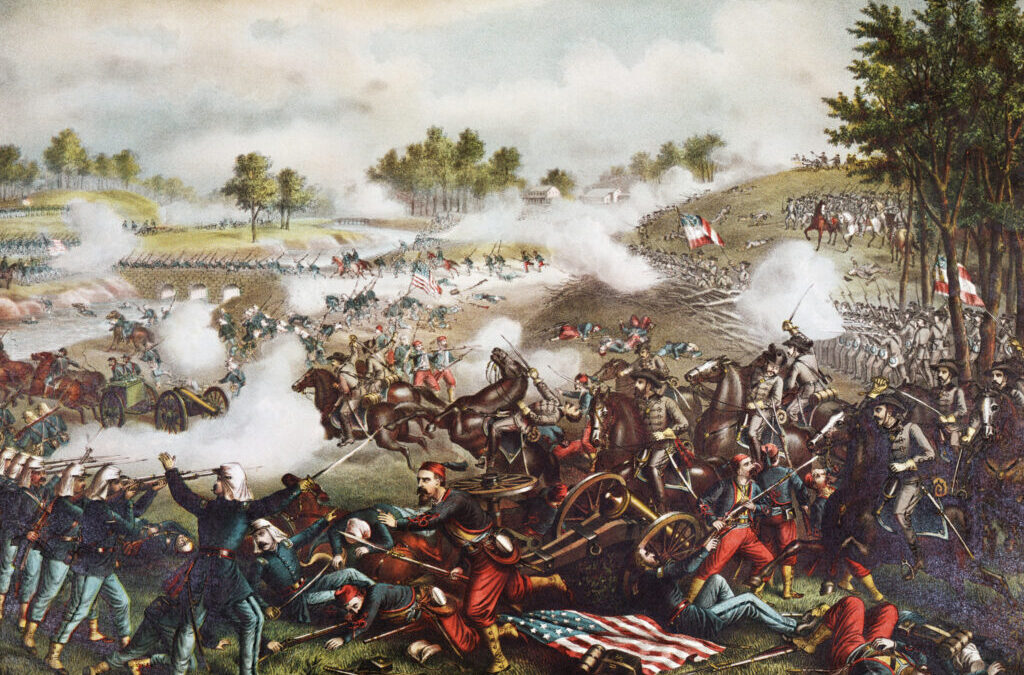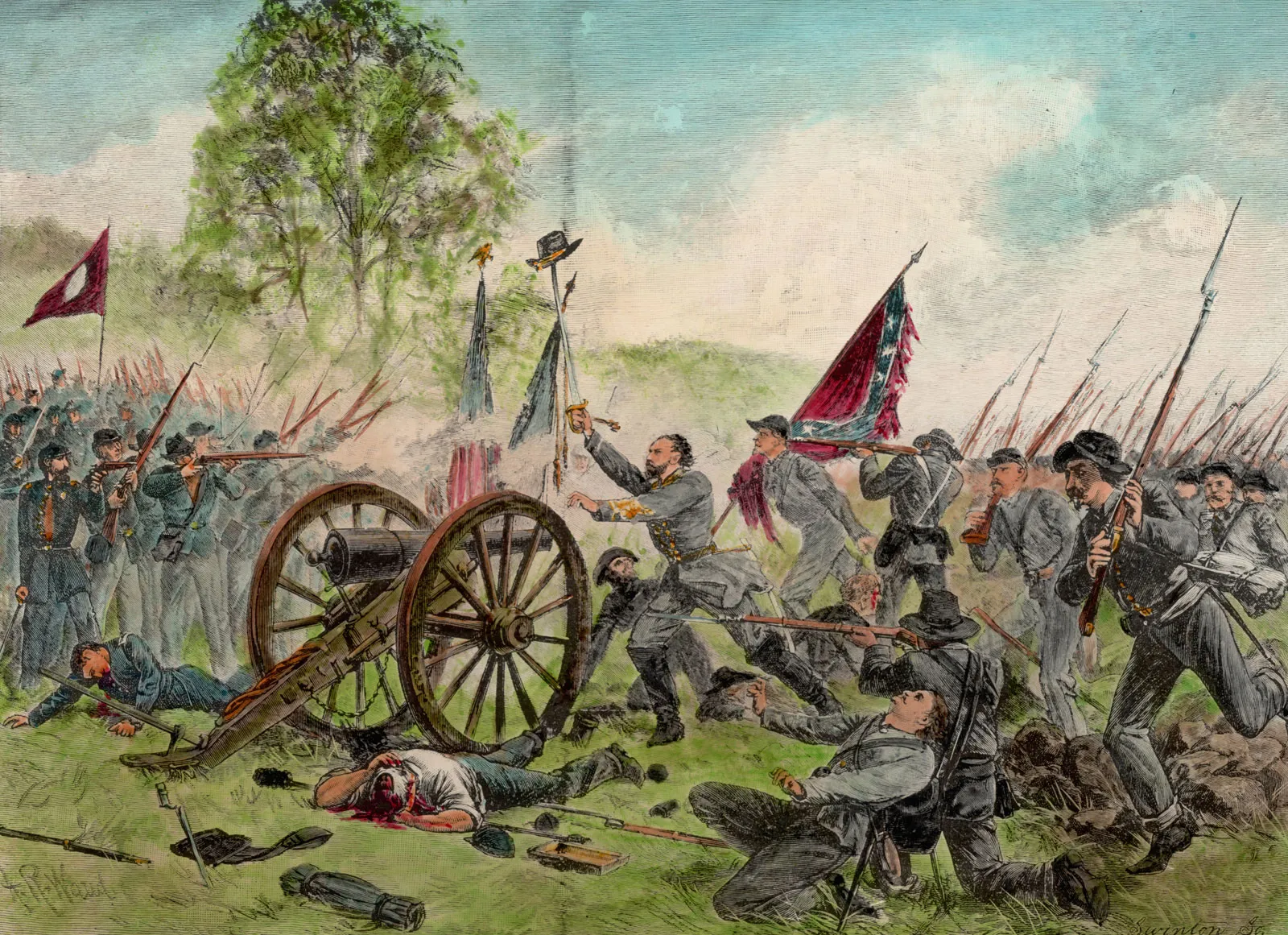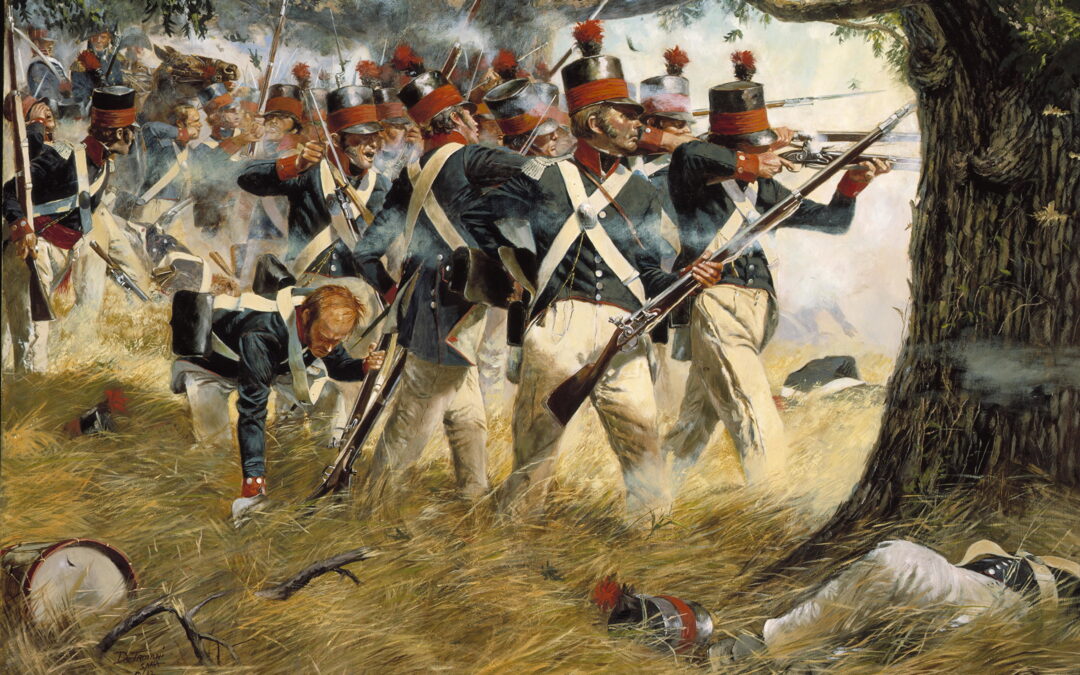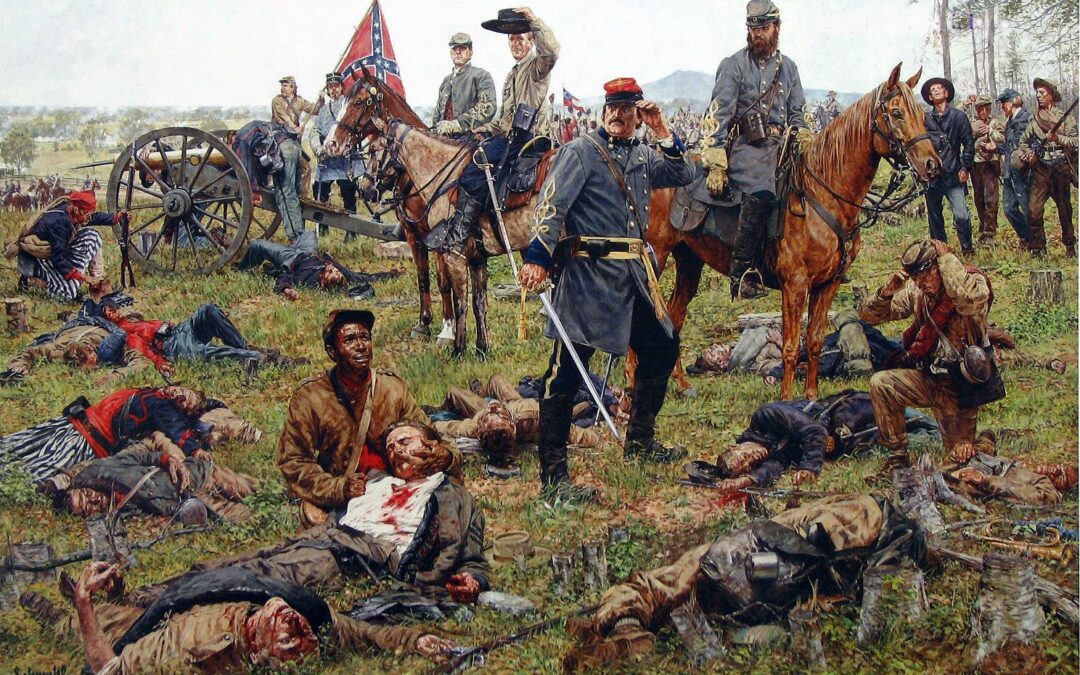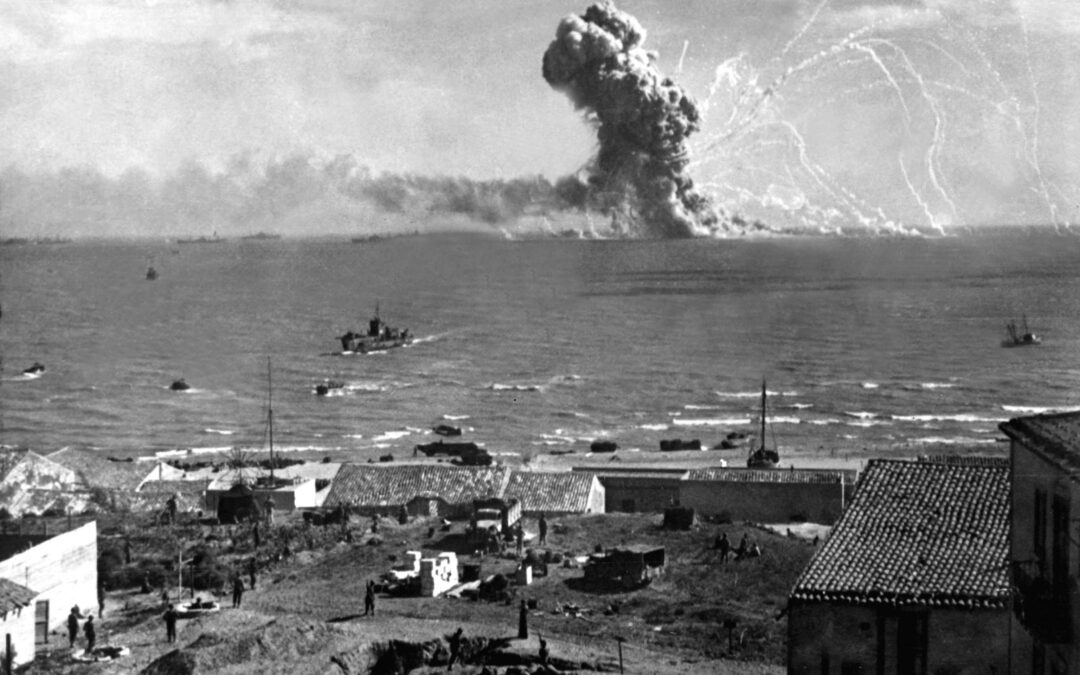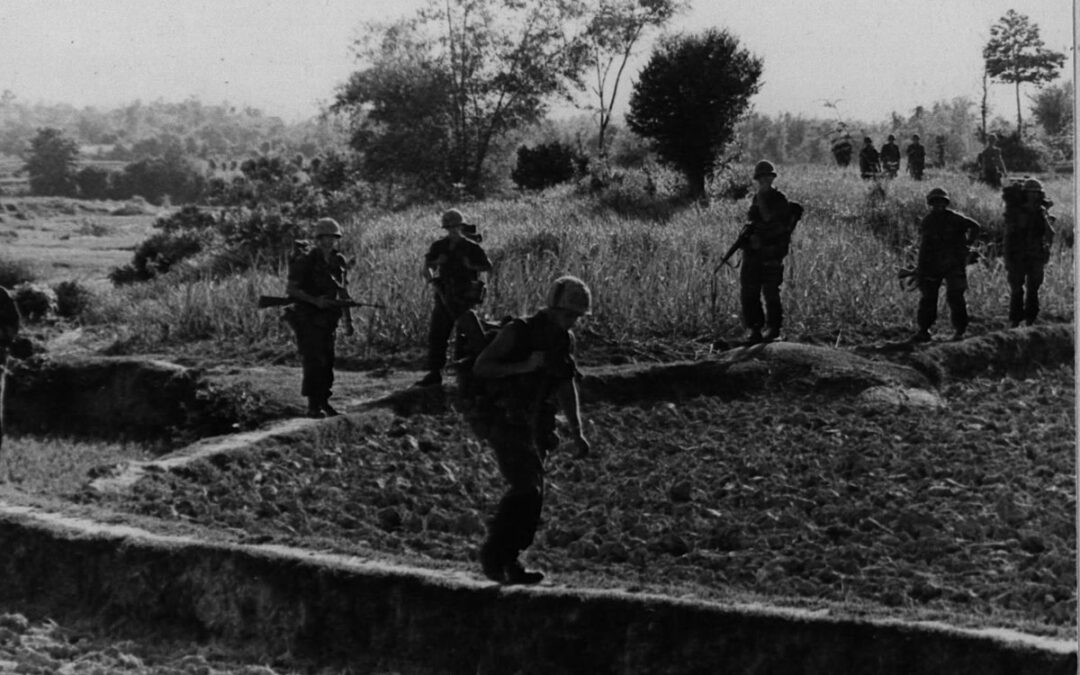Confederate Gen. P.G.T. Beauregard was sitting down to breakfast in the Virginia house of Wilmer McLean in 1861 when a cannonball burst into the room via the chimney. The destruction of the fireplace ruined the morning meal. Beauregard was using McLean's house as his headquarters for the First Battle of Bull Run. Three months had passed since the Confederate shelled Fort Sumter, South Carolina, and booted the Union garrison out of the state. The Federal army was making a play for the Confederate capital at Richmond, Virginia. It would not go the way the Union leadership hoped, nor would it go the way anyone expected. For the north, everything was wrong from the start. Unpredictable Events During the First Battle of the Civil War In the days that followed the attack on Fort Sumter, President Abraham Lincoln's call to arms saw the Union Army grow to a force of 200,000. Placed in command of the army in the field was a major suddenly promoted three grades to brigadier general, Irvin...
